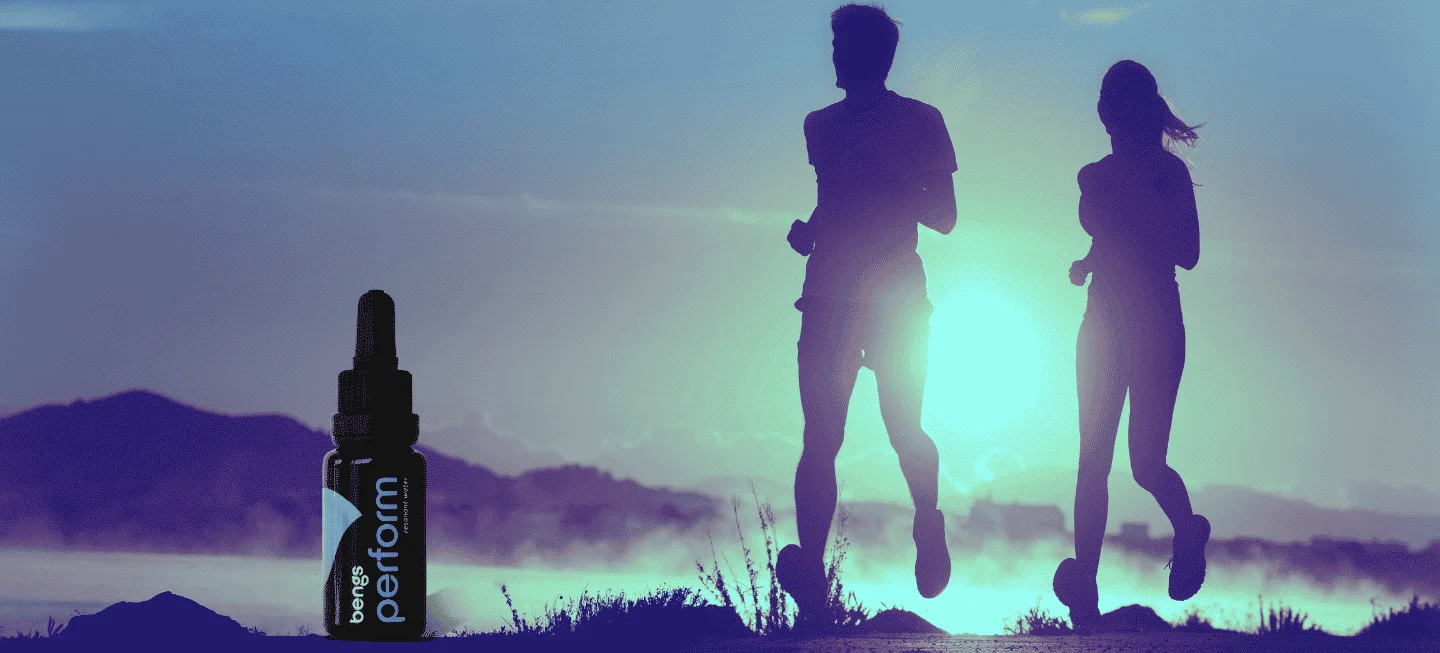
Er is er maar één die jouw gezondheid kan claimen en dat ben je zelf.
We leven in een wereld waarin het koppelen van claims aan vrijwel alle producten en diensten, tot kunst is verheven. Hoelang horen we al niet dat het ‘vernieuwde’ wasmiddel nu echt beter wast. Elk jaar een nieuwere versie die telkens de oude producten in effectiviteit doen verbleken. Dit geldt voor elk product dat door marketeers wordt aangeprezen, al dan niet onderbouwd met ‘wetenschappelijke’ data.
Regelgeving
Als het gaat om voedingsproducten, is het toezicht en de regelgeving behoorlijk strak. ‘Goed voor hart- en bloedvaten’ moet echt aantoonbaar hard gemaakt worden bijvoorbeeld. Dat is uiteraard een goede zaak, je mag niet zomaar iets roepen als voedselfabrikant. Bij geneesmiddelen en gezondheidsclaims, is het nog een tandje strenger en moet elke claim onderbouwd worden met degelijk wetenschappelijk onderzoek.
In feite zijn er vier zaken die rondom een product van belang zijn:
- Is het veilig?
- Waarvoor moet je een product gebruiken; een indicatie.
- Hoe en hoeveel gebruik je van een product: aanbevolen dossering.
- De claim over de werkzaamheid.
De eerste drie zijn zondermeer belangrijk en nuttig. Bij de claim over werkzaamheid wringt de schoen.
Claim dogma
Om de waarde van een claim echt te begrijpen, moet je de achterliggende bewijzen op waarde kunnen schatten. Voor de meeste mensen is dit niet te doen. Zo mag een middel een claim hebben dat het werkzaam is, als is aangetoond dat het beter werkt dan een placebo. Een placebo is een middel dat geen werkzame bestanddelen bevat en dat ter controle gegeven wordt aan de helft van de patiënten. Dus eigenlijk werkt het dan beter dan ‘niets’. Maar dat kan 10% of 90% zijn.
Dus als je leest dat een middel werkt tegen rugpijn, kan het zijn dat dit slechts bij 10% van de behandelde patiënten het geval was. Terwijl je zou denken dat dit voor alle patiënten geldt. Deze nuancering is vaak lastig te vinden of je moet in de wetenschappelijke publicatie duiken of een medicus moet jou hierop wijzen. De nuance is zeker niet onbelangrijk maar in de wereld van marketing gaat die volledig verloren. Met een jarenlange marketingervaring in o.a. de farmaceutische industrie spreken een aantal van ons uit ervaring. Het commerciële belang is niet gebaad bij nuance, juist niet, het wordt uitvergroot zover als wettelijk toelaatbaar is. Dat dit lang niet altijd goed gaat, blijkt uit de miljarden claims die bedrijven jaarlijks krijgen van toezichthoudende instanties.
En dus ontstaat een (juridisch) kat- en muisspel tussen commerciële partijen en toezichthouders. Gezien de enorme bedragen die potentieel verdiend kunnen worden, kun je je afvragen wie daarbij aan het langste eind trekt…
Onbewust beïnvloed
Maar waar kun je als consument dan op vertrouwen als je de waarde van claims met een korrel zout moet nemen?
Hoe kun je nou beoordelen of dat nieuwe wasmiddel echt beter is dan je oude wasmiddel?
Hoe weet je of een pil jou echt van je rugpijn afhelpt?
Wellicht wordt het tijd voor een geheel nieuwe manier van marketing bedrijven. Een manier die recht doet aan het vermogen van jou als consument om zelf te bepalen of je iets goed, nuttig, lekker of bevorderend voor jouw gezondheid vindt. Natuurlijk doe je dat ook, maar we weten ook allemaal hoe je bewust maar vooral onbewust beïnvloed wordt door reclame, door de mening van anderen, door autoriteit en door zinsneden als ‘wetenschappelijk bewezen’.
Bitterballs
Een leuk voorbeeld om de impact van commerciële uitingen te bekijken is een blinde smaaktest. Dan laat je puur je smaak bepalen wat je van een product vindt, zonder dat je beïnvloed wordt door de commerciële claims die aan een product zijn meegegeven. We hebben dat onlangs uitgetest met bitterballen. En wel vegetarische en niet vegetarische bitterballen van een bekend merk. Het gezelschap van acht personen was niet alleen overtuigd van het feit dat ze precies zouden kunnen zeggen wat de vegetarische bitterballen waren, maar ook dat de vlees bitterballen lekkerder zijn. Het werd een dubbel blinde test, dus ook de uitdeler wist niet welke wat was. Wat schetste ieders verbazing dat, zonder uitzondering, iedereen de vegetarische bitterballen bestempelde als de vlees bitterballen en ook lekkerder vond. Wij waren verrast. Natuurlijk is dit geen bewijs, maar wel interessant om los van externe beïnvloeding gewoon je eigen mening te vormen. En let op, hiermee zeggen we niets over beter of gezonder, wat lekkerder zeker niet hoeft te betekenen. Een impliciete conclusie die het menselijk brein al snel geneigd is te trekken.
Vertrouwen
Terug naar de vraag waar je op kunt vertrouwen?
Het antwoord is eigenlijk even simpel als logisch: door het zelf te proberen en je eigen mening te vormen. Het is eigenlijk vrij arrogant als een leverancier voor jou bepaalt dat iets lekker, nuttig, handig, bruikbaar of goed is voor jouw gezondheid. Als ’iedereen’ een bepaald product geweldig vindt, en jij bent er totaal niet blij mee, is het dus voor jou een waardeloos product. Hoeveel en hoe hard iedereen ook roept en hoeveel positieve reviews een product ook heeft. Voor jou geldt alleen jouw ervaring en jouw mening, punt uit. Dat is marketing anno 2022.
Hoe gaaf zou het zijn als we helemaal stoppen met (marketing) claims en de consument laten bepalen wat de waarde is? Dan wordt jouw mening niet bepaalt door slimme reclame, gewiekste marketing trucs, influencers met een vlotte babbel of wat dan ook. Maar enkel en alleen door jouw eigen mening en ervaring.
Nieuwsgierigheid
Zo denken we er bij Bengs over. Regelmatig hebben we het met elkaar over wat we kunnen en mogen, of beter gezegd niet mogen, zeggen over onze producten. In eerste instantie zagen we het als een handicap dat we geen gezondheidsclaims mogen plakken op onze producten. Maar hoe meer we er over nadachten en inzagen dat we onze klanten echt serieus nemen, hoe meer we inzagen dat claims ouderwets en achterhaald zijn. Dus hebben we geen gezondheidsclaims, willen we die niet claimen en geven we onze klanten de mogelijkheid zelf te ontdekken wat onze producten voor hen kunnen betekenen. Volledig in vrijheid. Als iemand een product koopt en geen voordeel ervaart, geven wij het aankoopbedrag terug, zonder voorwaarden. Jouw mening is 100% doorslaggevend want jouw mening is jouw waarheid en die respecteren wij volledig.
Nieuwsgierigheid is eigenlijk het enige dat nodig is. Nieuwsgierigheid naar jouw ervaring. Er is er tenslotte maar één die jouw gezondheid kan claimen en dat ben je zelf. We wensen je een mooie ontdekkingstocht!




